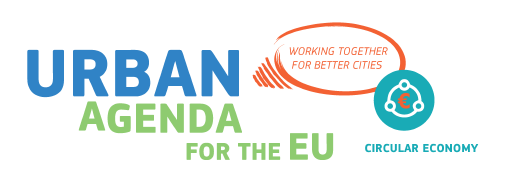European Social Fund (ESF)
The European Social Fund (ESF) is one of the five ESIF funds and focusses on employability, social inclusion, education, and human capital investments.
The fund focusses on four thematic objectives of the cohesion policy:
- Employment and labour mobility
- Social inclusion and poverty
- Education, skills and lifelong learning
- Institutional capacity and efficient public administration
What is the relevance for Circular Cities?
The relevance of ESF for circular cities is indirect as the fund focusses specifically on human capital. The transition to circularity, however, goes along with changing technology, new business models and new consumer practices. This means that new jobs and other skills will be required in a more circular economy. Training and educational programmes to develop such skills for the circular transition might be eligible for support from the ESF.
How to apply?
Find the different programmes of the European Social Fund here ![]() .
.
POST 2020: European Social Fund Plus
For the next Multiannual Financial Framework (MFF) (2021-2027), the ESF will be restructured into the ESF+, which will merge the existing ESF (including the Youth Employment Initiative (YEI)), the Fund for European Aid to the most Deprived (FEAD), the Employment and Social Innovation Programme (EaSI), and the EU Health Programme. ESF+ will concentrate its investments on education, employment and social inclusion. Changing technology and the demand for reformed training and education programmes are important to the transition towards circularity and this remains an important element in ESF+.






